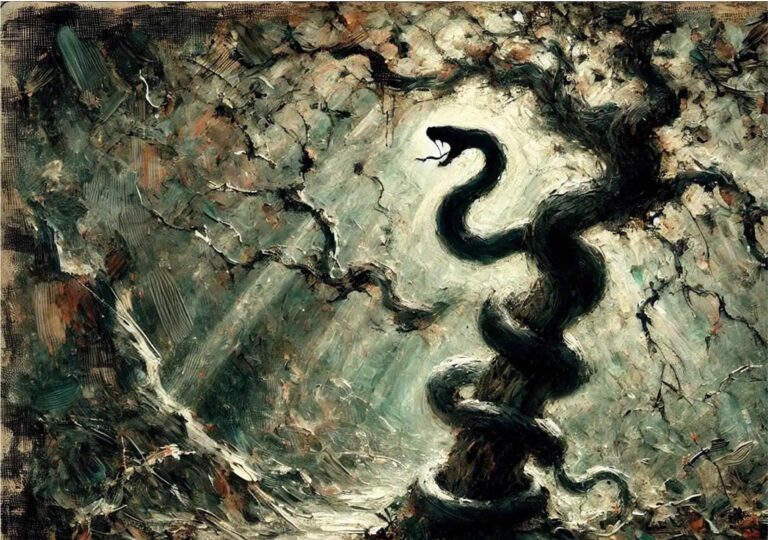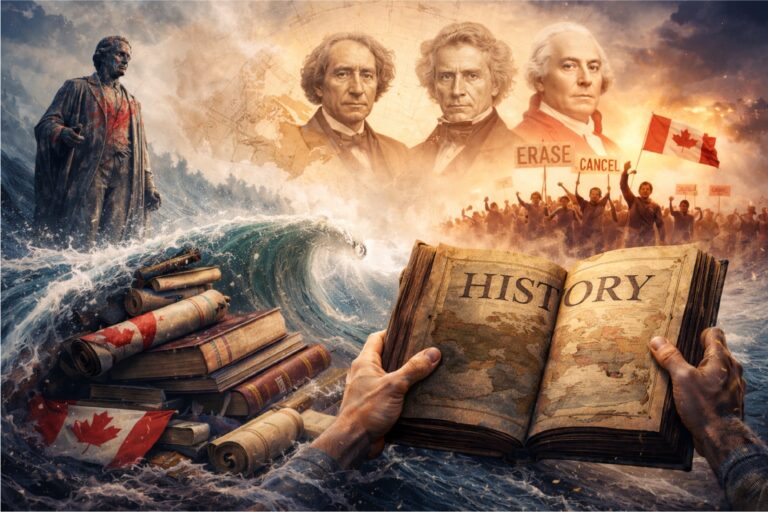Justin Trudeau inherited a shrunken political party from his immediate predecessors after they effectively shredded the fabric of his father’s Big Red Tent. Pierre Trudeau’s Liberal Party made room for a broad spectrum of opinion. Among many other trail-blazing initiatives, it passed his controversial but widely-popular legislation permitting abortion only when approved by a hospital committee as necessary for the health of the mother.
Devastated by the fall from majority government to third party in the House of Commons in just over a decade of leadership under Paul Martin, Stéphane Dion and Michael Ignatieff, Canada’s “natural governing party” sought to go back to the future in selecting Justin Trudeau as its next leader and hoped-for saviour.
Since becoming leader, Mr. Trudeau has made some questionable comments in public settings, including an expression of admiration for the Communist government of China. He also appears to have frustrated NDP Leader Thomas Mulcair by adopting positions on some issues that steer his party away from the political centre toward the political left. Liberal Party insiders were surprised when Mr. Trudeau jettisoned the Liberal caucus in the Senate. This month they were caught off guard again when he decreed that candidates for the Liberal Party would have to support the same extreme pro-choice (no limits on abortion in Canada) position espoused by Mr. Mulcair’s party.
Whether by accident or design, Mr. Trudeau’s May 7 pro-choice announcement has re-ignited the public debate over abortion to a level unprecedented in recent decades. He continues to fuel the debate by his efforts to clarify and bolster his comments; most recently sending a letter to Liberal Party supporters and establishing an online petition in what looks like a desperate effort to secure his position on the issue based on two myths.
As leader of the Liberal Party, Mr. Trudeau may dictate his party’s platform and policies. But he can’t change the truth.
Many have pointed out to him that the 1988 decision of the Supreme Court of Canada in R. v. Morgentaler did not recognize an unfettered right to abortion. The decision struck down the law put in place by Trudeau the elder on the basis that it resulted in unequal access to the decision-making hospital committees for women based on where they lived in Canada.
In speaking to law school students on this case, I conduct a brief show of hands quiz on whether they have been taught in first year constitutional law that there is a right to abortion and whether they have actually read the Morgentaler 1988 decision for themselves. The majority typically say yes to the former and no to the latter.
I encourage those law students, you, and Mr. Trudeau, to read the decision. It’s available on line. Don’t worry about whether you will understand the legalese. Instead, make three columns on a piece of paper. In the first column write the names of the seven judges who decided the case. In the second column put a check mark beside the name of each judge who decided there is a constitutional right to abortion. In the third column put a check mark beside the name of each judge who decided it is the jurisdiction of Parliament to make a law prohibiting or restricting abortion. You’ll end up with seven check marks in the third column and none in the second (unless you place one beside Justice Wilson based on a disputed statement; and still, you’ll put a check beside her name in column 3). The Supreme Court Justices even offer their opinions on what a constitutionally acceptable abortion law would look like.
Despite getting an earful on the facts of the Morgentaler decision, two weeks after initiating the controversy Mr. Trudeau sent a letter to Liberal Party faithful propagating the myth that section 7 of the Canadian Charter of Rights and Freedoms provides a right to abortion. In addition, he invited people to sign a petition which further propagates this myth he now knows to be false, if he did not know before.
Mr. Trudeau also invokes the name – and Catholic faith – of his father in an effort to sway support. Pierre Trudeau had an interesting journey of faith; one that included earning a reputation as a lover of women, both before and after he married, contrary to the principles of his faith and not quite in the way implied by his son. His abortion law was likewise at odds with his Catholicism, but just as he famously believed that the state had no place in the bedrooms of the nation, his church had little place in the policy-making of his state.
Don’t worry, he told Roman Catholic leaders who feared his Charter might one day be used to strike down the restrictions in his abortion law, if that ever happened Parliament would surely use the notwithstanding clause in the Charter to secure its continuance. He felt it was a reasonable measure to protect both the unborn and the potential for imperilled health of the mother.
The evidence ought to be clear to everyone: The myth of Prime Minister Pierre Trudeau supporting an unfettered right to abortion is … a myth.
Agree or not with his politics, Mr. Trudeau le pere was a leader who opened the Liberal “Big Red Tent” to a multiplicity of ideas and political positions on the issues of the day. Mr. Trudeau le fils seems more bent on following the course set by his immediate predecessors than that of his father. By embracing an extreme, intolerant, and mythologized position on abortion, the path he appears to be on is towards an even smaller Red (Pup?) Tent or a merger with the NDP. This is manifestly not the way to reach the hearts of honest voters.
~
Don Hutchinson is former Vice-President and General Legal Counsel with the Evangelical Fellowship of Canada. An expert in Constitutional law, he has appeared several times before the Supreme Court of Canada and committees of Parliament and the Ontario Legislature.






